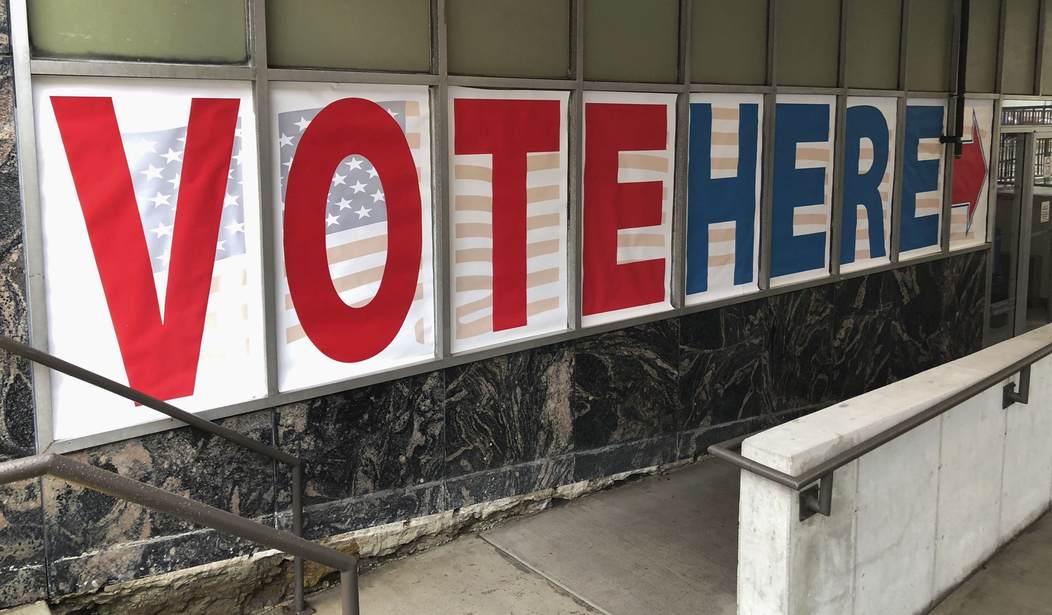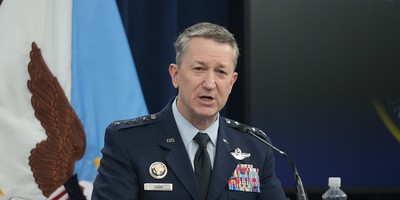Our Constitution establishes federal structure that leaves states in charge of the election process while also protecting basic voting rights. Within each state, lawmakers and election officials tailor policies and practices to meet the unique needs or desires of their own communities. Those who directly administer the voting process (typically city and county officials) are directly accountable to local communities and the voters they serve.
There are some working to take away the authority of individual states to preside over and run their own elections and instead cede this power to Washington bureaucrats and federal judges, upsetting the Founding Father’s carefully crafted system of checks and balances.
For more than a decade, Save Our States has opposed the National Popular Vote interstate compact (NPV), which would effectively nullify the Electoral College and impose direct election of the president. It would give voters in New York City, Los Angeles, Chicago, and other large metro areas an overwhelming advantage in determining the outcome of future presidential elections and also push presidential candidates to ignore the needs and interests of all but the largest voting blocs.
It would also necessitate a federal takeover of elections because (as one of the law professors who developed the NPV concept admits) it could trigger an “electoral crisis” unless there is uniformity in how every state runs elections.
But NPV isn’t the only threat to state and local control of elections. H.R. 1, currently in the U.S. Senate after narrowly passing the House, would dramatically expand federal control over the most important aspects of elections.
The most dangerous provisions of H.R. 1 would gut key protections against election fraud. While partisans fight over what constitutes fraud and how widespread it is, there are obvious incidents of corruption as recent scandals in Patterson, New Jersey, and North Carolina’s 9th congressional district demonstrate. Policies like showing identification to vote, limiting “ballot harvesting,” and vigorously cleaning voter registration lists can curb abuses and give voters more confidence in the system. These policies are popular with the public and used in many states, but H.R. 1 would prevent states from effectively using any of these measures to deal with real corruption concerns.
Recommended
In addition to increasing election fraud and distrust, H.R. 1 would impose significant burdens on the city and county officials who actually have to run elections. Just one example: it would require that every state allow voters to register on Election Day, even if it would cause longer waits to vote as poll workers are diverted from checking voters in to registering new voters and verifying eligibility.
H.R. 1 may also be impossible for local officials to implement. According to a recent article at The Daily Beast (by a writer sympathetic to the aims of the bill), “…it was written with apparently no consultation with election administrators, and it shows… it comes packed with deadlines and requirements election administrators cannot possibly meet without throwing their systems into chaos.”
Among the problems: “…the bill requires states to purchase paper-backed voting machines that are compliant with the brand-new standards passed by the Election Assistance Commission only weeks ago…. the machines the bill requires don’t even exist yet.”
H.R. 1 joins NPV as a proposal that is badly conceived, poorly written, and would do irreparable harm to our federal system while decreasing confidence in election integrity. Another similarity is that opposition to both tends to be bipartisan.
Congress should reject H.R. 1, like most state legislatures have been doing to NPV as the facts become clear. Instead, they should look for reforms that bolster our democratic republic by respecting its federal structure and recognizing the diverse needs and the important roles played by state and local communities.
Sean Parnell is Sr. Legislative Director for Save Our States, an organization dedicated to defending the Electoral College.

























Join the conversation as a VIP Member